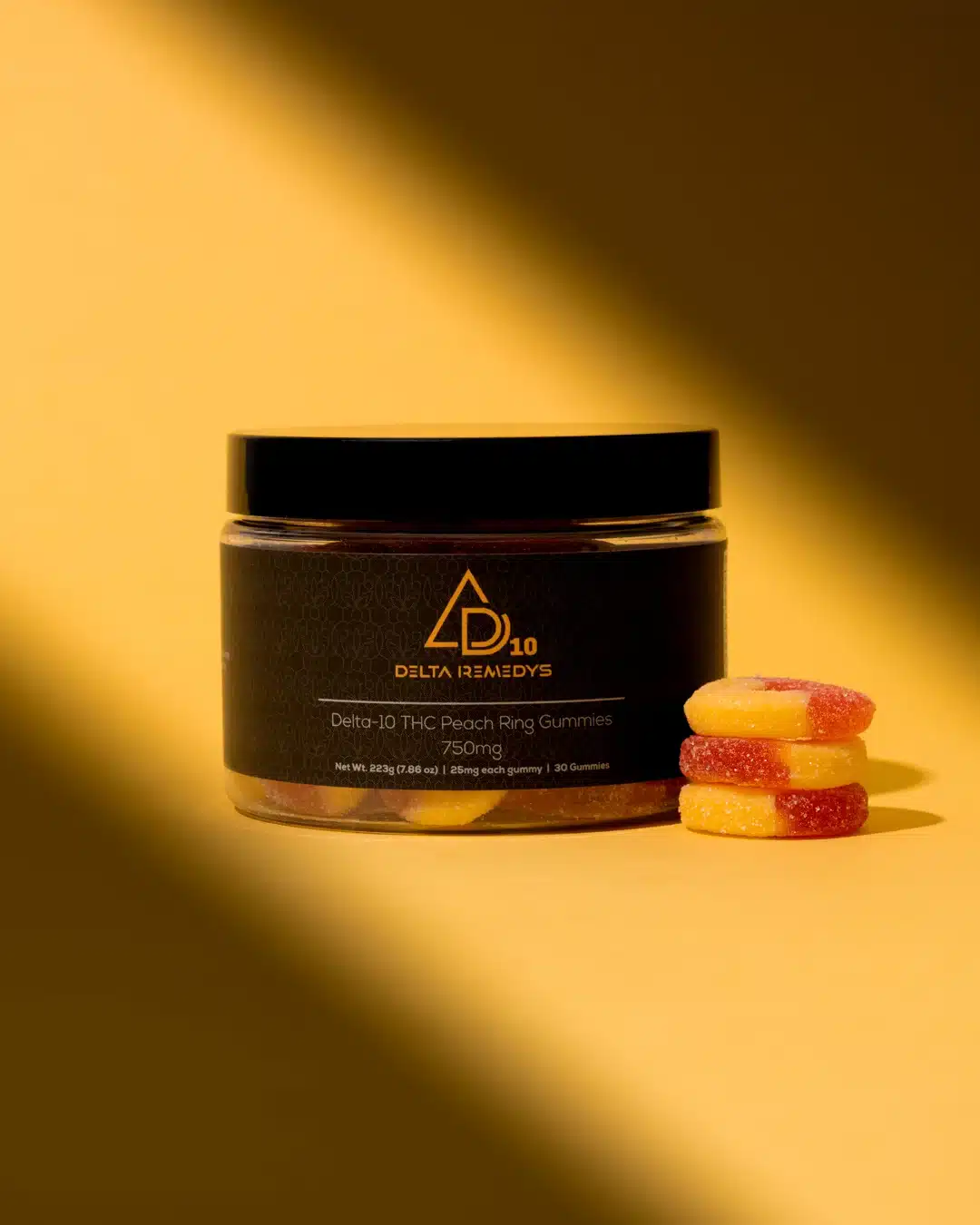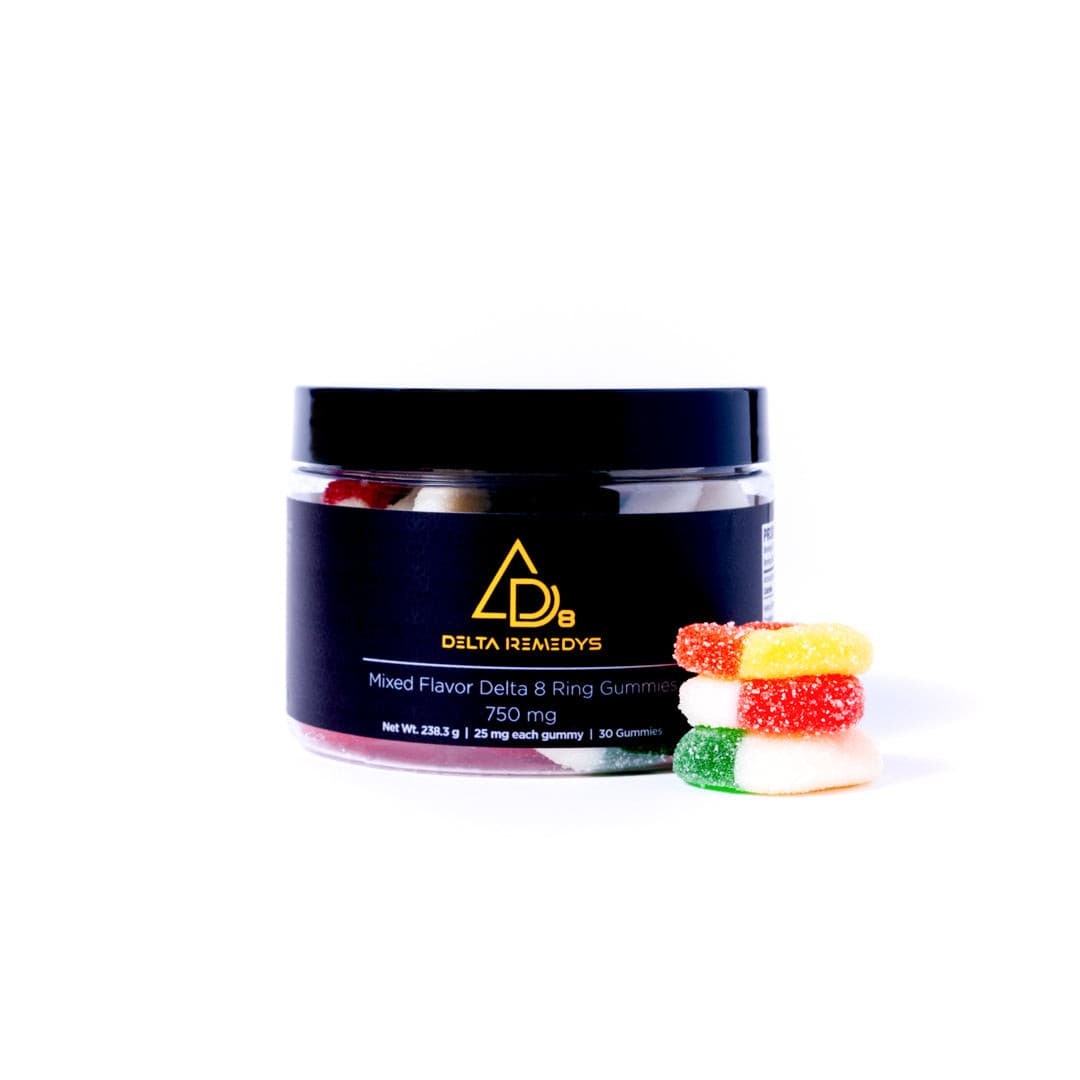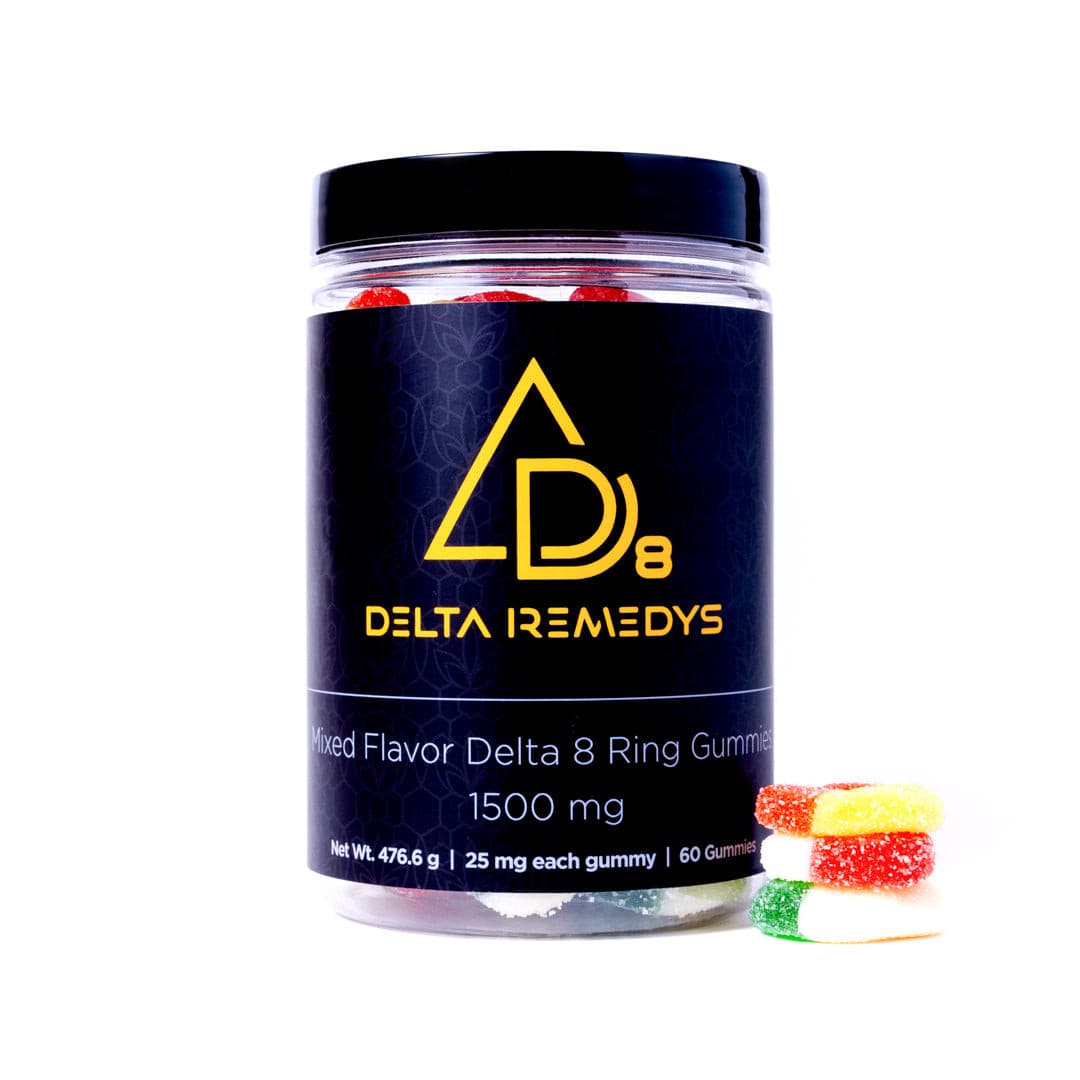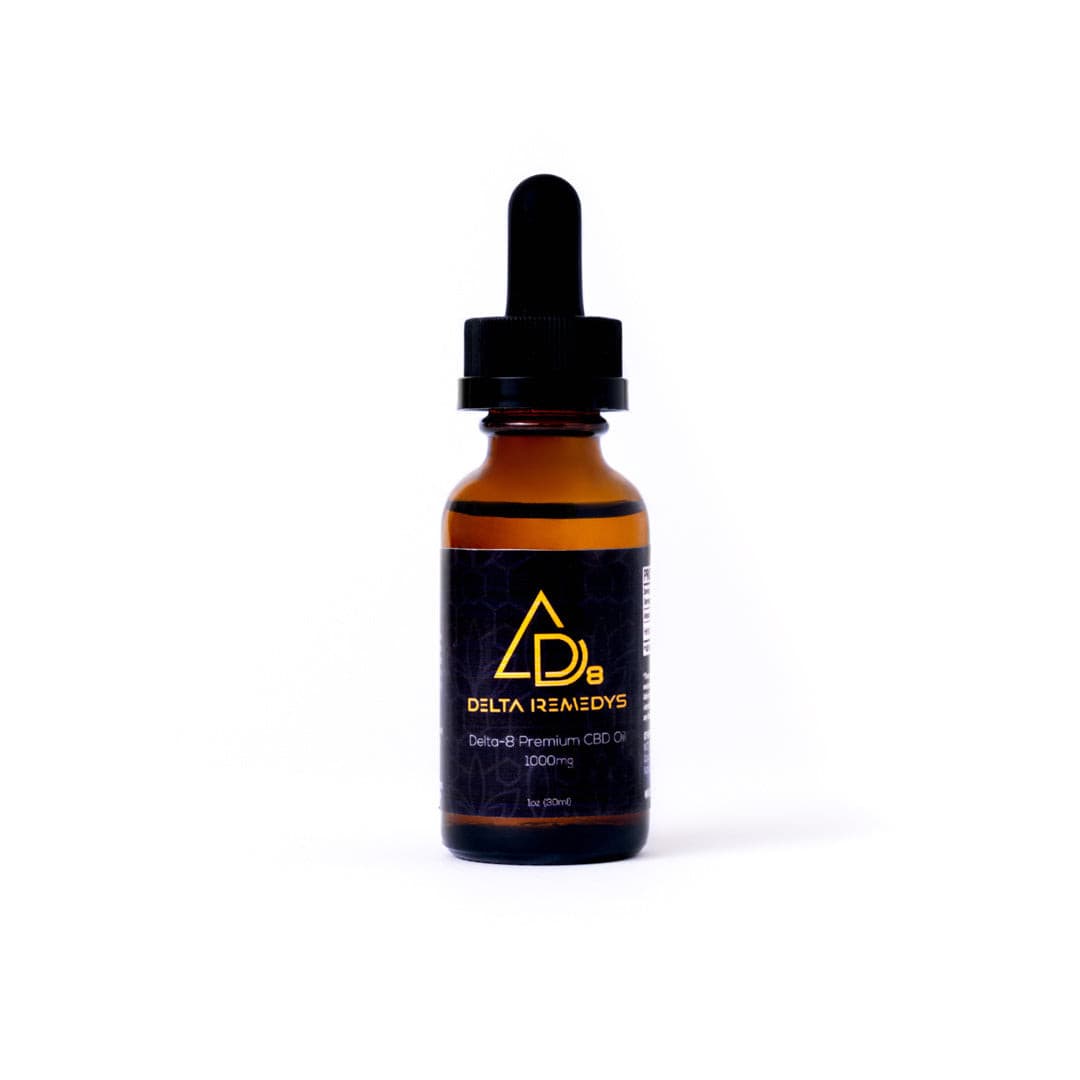The discovery of Delta-8 has led to many other new cannabinoids that were not used much before. These cannabinoids can be transformed into various forms, such as gummies, oils, and extracts. Delta-10 is one of the more recent and well-liked cannabinoids.
Even after its discovery in the 1980s, Delta-10 remained mysterious for decades. These days, it’s manufactured in a manner quite similar to Delta-8. In terms of molecular structure, one key distinction is the position of the double bond. Delta-10’s euphoric effects are more subtle and pleasant, although they lack the intensity of other strains of cannabis.
This article will provide all the information you require regarding the possible positive sides, side effects, safety concerns, and whether or not Delta-10 products are a suitable option for you!
Let’s dig in!
=== split content ===
Delta-10 THC – What is it?
Many different kinds of THC, called isomers, have been found by cannabis researchers in recent decades. Delta-10 THC, often known as Δ10-THC, is one of several isomers found today, along with Delta-8 THC. An easy way to think about isomers is as substances with the same chemical formula but different molecular arrangements. With each structural change comes unique pharmacological effects.
This minute structural variation has the potential to produce a totally different effect, as we saw with Delta-8 THC. The “new versions” of THC, such as Delta-8 and Delta-10, have piqued the interest of cannabis consumers due to their novelty. Similar to a new cannabis strain, it provides a change from the standard high while yet having its own distinct advantages.
Discovery
The accidental discovery of Delta-10 THC took place when Fusion Farms of California extracted THC distillate from some cannabis that had been tainted with fire retardant. The enigmatic crystals it produced were first thought to be the cannabinoids CBC and CBL, but after months of investigation, scientists finally figured out that they were actually Delta-10 THC.
The current method for making Delta-10 concentrate is very similar to that of making Delta-8 concentrate. That is also the key to its transparent aspect.
Effects
People who have used Delta-10 have reported that, although the effects are significantly milder, it has a similar sensation to Sativa strains of marijuana.
The energizing uplifted, and stimulating properties of sativa cannabis strains are well-known. In contrast, this kind of cannabis is known to induce drowsiness and social anxiety in those who consume it in large quantities.
Despite the widespread belief that other varieties of recreational marijuana are more likely to generate these undesirable effects, many users continue to seek out Delta-8 or Delta-10.
Dosage
A number of criteria, such as your tolerance levels and health goals, should be considered when determining the appropriate dosage of THC.
If you’re new to using THC and want to know how much to take, it’s best to consult a doctor, however, here are some general recommendations:
For beginners, it is recommended to begin with a low dose of 5 mg and not exceed 15 mg. For moderate users, 20 mg is adequate. For experts, 40 mg will do the job.
Methods of ingestion must also be taken into consideration when determining the right dosage. In general, it’s best to ease into edibles with lesser doses and higher doses of topicals.
Delta-10 THC- Good or Bad?
The Good
There is a lack of study on the precise health benefits of Delta-10, despite its increasing market popularity. There have been no investigations on animals or humans investigating the effects of this isomer of Delta-9 THC, however, it is safe to presume that it has many benefits.
Here are a few reasons why you might be interested in giving Delta-10 THC a shot, even though there is a lot of unanswered research on its effects:
- Relieves Anxiety
Unlike powerful Delta-9 products, Delta-10 THC is known to induce a calming effect without the associated anxiety or bad side effects. Since it has no sedative effects, Delta-10 is an excellent option for relieving anxiety.
- Revives Up The Energy
According to users, Delta-10 provides a sativa-like high that keeps them alert, focused, and enthusiastic all day long.
- Calming Influence
Many users also report that Delta-10 has a calming effect, lowering stress, in addition to the previously indicated potential for mental stimulation.
- Neuroprotective Nature
Delta-9 and Delta-8 THC are cannabinoids that have the ability to raise levels of acetylcholine, a neurotransmitter that is involved in learning, memory, attention, and involuntary muscular activity. Brain illnesses, musculoskeletal problems, and memory problems (like Alzheimer’s disease) are all associated with low acetylcholine levels. Since it is an isomer of both Delta-9 and Delta-8, the neuroprotective effects of Delta-10 are comparable.
- Mild Euphoria
Most users describe the pharmacological effects of Delta-10 THC as a slight euphoria or pleasant high that leaves them feeling energized and mentally alert.
- Uplifts Mood
Delta-10 has the ability to alleviate psychiatric and mood illnesses by elevating users’ moods and making them feel happier.
Here are some other positive aspects:
- You may buy it online in the majority of states.
- It is grown from plants with less than 0.3% Delta-9 THC
- It offers a stronger intoxicating effect compared to CBD.
- For a more energetic midday high, try a strain with sativa-like characteristics.
- D10 products that have been tested in a lab are better than street-sold THC cartridges since they are free of impurities, pesticides, residual solvents, vitamin E acetate, and other harmful substances.
The Bad
The intoxicating effects of Delta-10 are still there, although they are far milder than those of conventional Delta-9 THC. More study is required on these substances, though, and the effects will vary from person to person based on their distinct ECS and tolerance levels. Here is what you can expect as the bad side:
- Dry eyes
- Headaches
- Dry mouth
- Paranoia
- Dizziness
- Drowsiness
- Impaired concentration
- Blurred focus
You must only use Delta-10 THC products that have been evaluated in a laboratory. Due diligence is required as the FDA does not regulate the substance, and some unscrupulous firms are eager to sell low-quality or low-potency Delta-10.
Keep in mind that, similar to Delta-8 products, Delta-10 THC is not extracted naturally from cannabis but rather manufactured in a lab. Although there is no immediate reason to be worried, it is wise to exercise caution when consuming synthetic cannabis until further studies are conducted and the possible side effects are thoroughly known.
Delta-10 THC – Legal Status
The 2018 Farm Bill leaves the question of Delta-10 THC’s legality open and subjective.
Hemp plants containing Delta-10 THC can be marketed lawfully since the Farm Bill states that cannabis plants that have less than 0.3% Delta-9 THC by dried weight and its components are legal.
But extracts from hemp don’t contain enough Delta-10 THC to be useful. The production of Delta-10 THC products requires a lot of resources due to the lengthy process of converting CBD into Delta-10.
Several states have outright banned THC, and the Drug Enforcement Administration (DEA) has declared all synthetic cannabinoids to be Schedule I Substances.
It is advisable to research your local regulations about THC before buying any Delta-10 THC product online, regardless of whether the manufacturer claims their extract is legal. To this day, buying Delta-10 items is fraught with danger.
Drug Test Results
People who need to pass drug tests may find that certain cannabis chemicals, such as CBD, do not produce a positive result. Although there is less evidence to support its detection in drug tests, Delta-10 is still a kind of THC. It may be possible to produce a beneficial result even though it is in a murky legal area. The more you use it, the more likely this is to happen.
What does this mean in the end?
Additional research is necessary to determine the duration of Delta-10’s effects and whether it can lead users to fail a blood or urine test. Still, you should proceed with caution and not use it if you are required to pass a blood or urine test at this time.
Conclusion
Products containing Delta-10 THC are suddenly appearing online as an innovative variety of “legal weed.” The chemical changes one’s state of mind and how one sees the world when it binds to the cannabinoid receptor (CB1).
The legal status of Delta-10 THC is unclear, and there is a lack of study on its effects on the body, despite marketing claims to the contrary found on websites offering Delta-10 items.
Always be wary of marketing promises, but it’s reasonable to presume that Delta-10 is safe and may have effects similar to Delta-9 THC, much like other naturally produced cannabinoids.
Because drug tests cannot distinguish between the isomers, it is best to avoid consuming any THC product if you are required to undergo such testing.
Verify the ingredients of any cannabis product using third-party lab tests, and familiarize yourself with your local laws to avoid getting in trouble!





